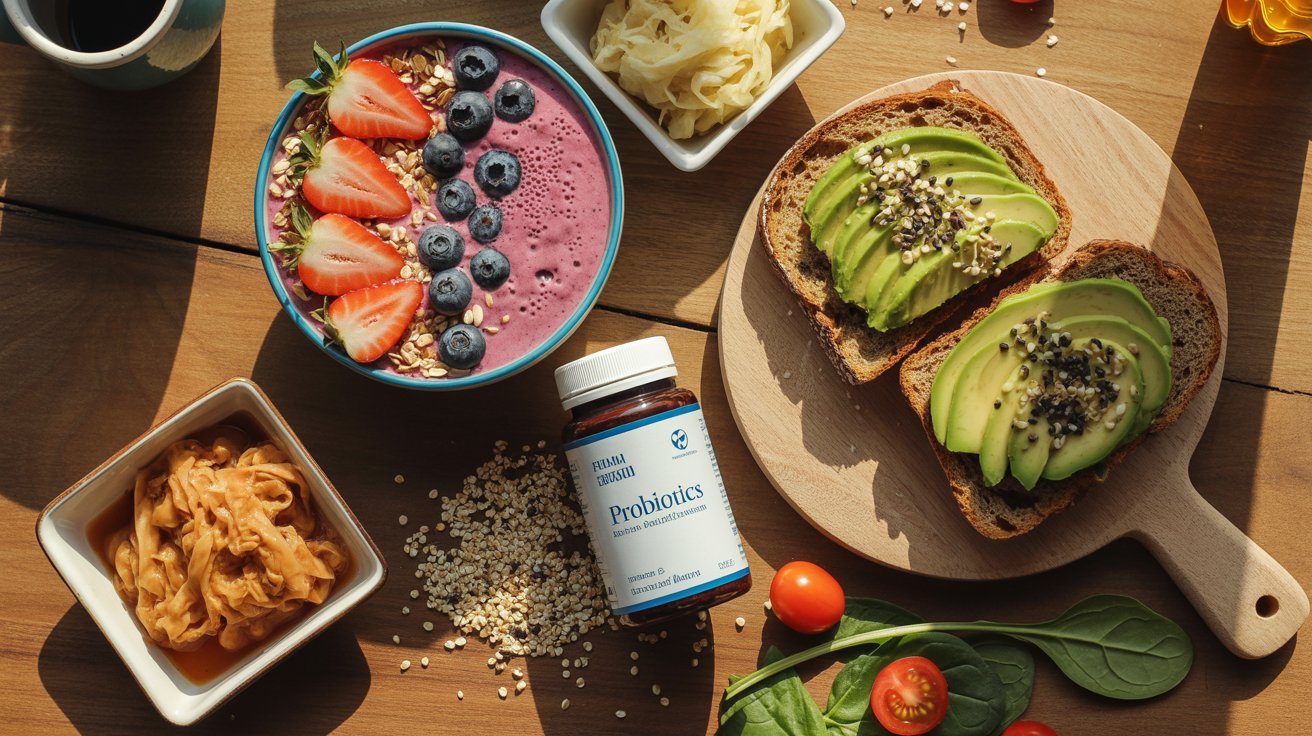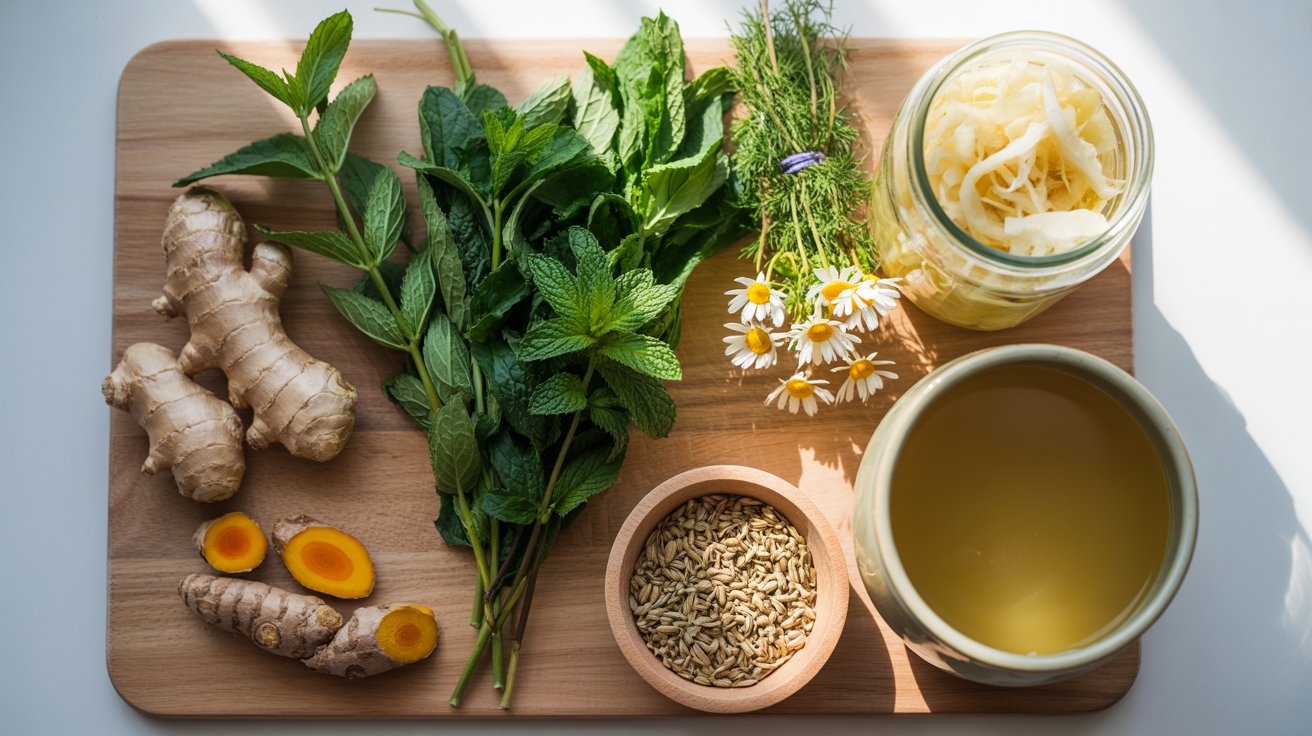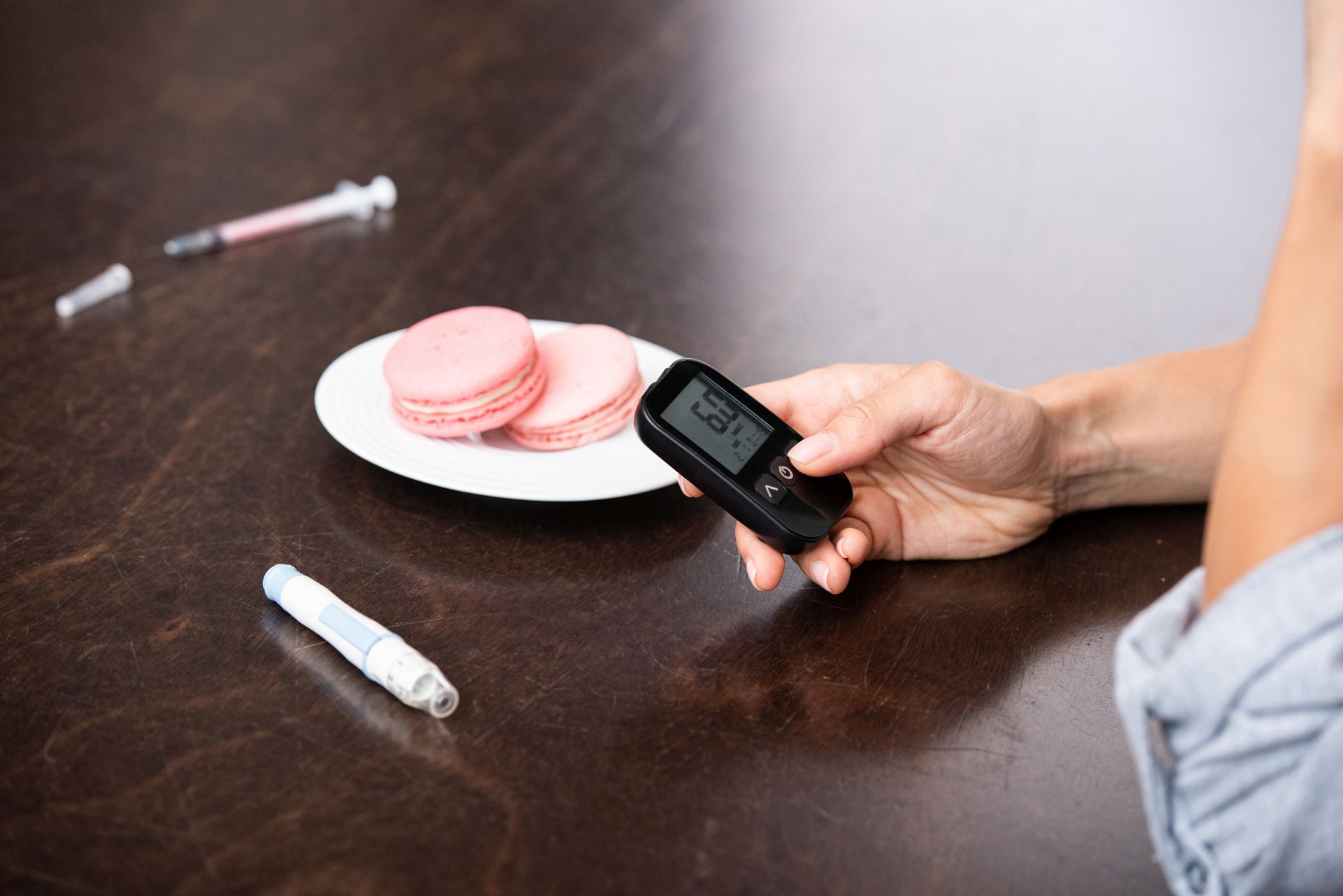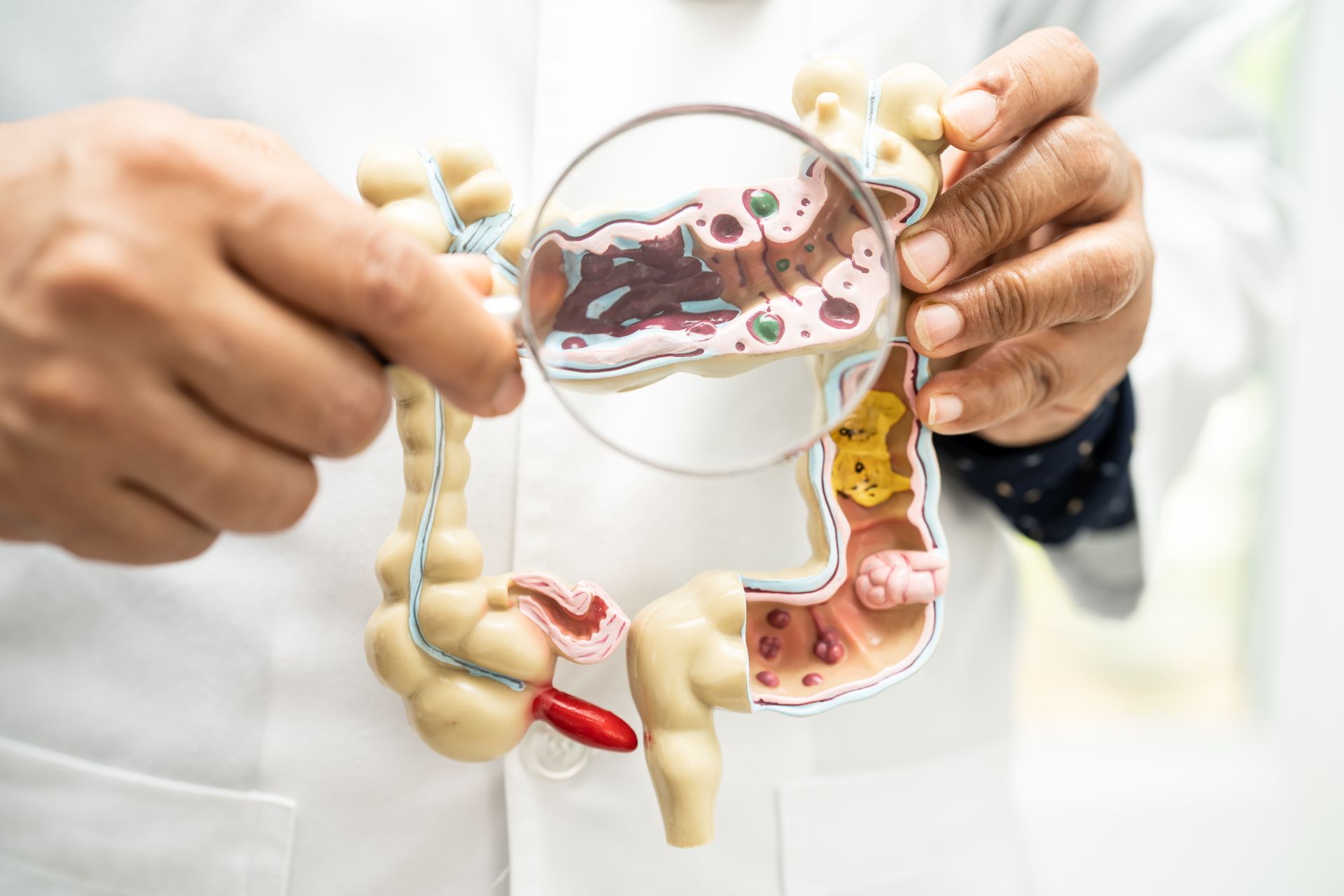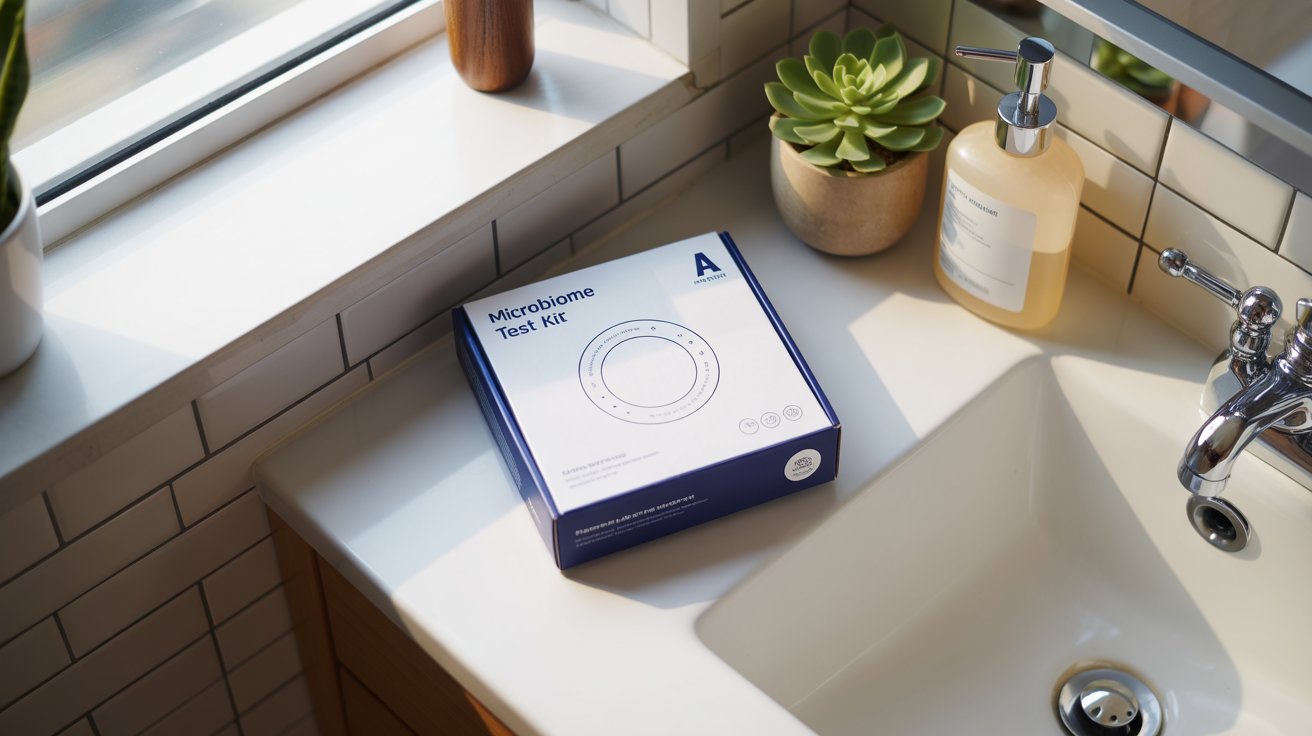Ever felt moody, sluggish, or just “off” for no clear reason? Your gut might be calling the shots. Let’s explore how gut health affects hormones and mood, and what you can do to keep everything in sync.
The trillions of microbes in your digestive system do more than break down food—they play a starring role in balancing hormones and regulating mood. If your gut is unhappy, your body and mind will feel it too.
How Gut Health Influences Hormones
Your gut microbiome isn’t just a passive part of digestion—it actively influences your body’s hormone production and balance. Here’s how:
1. Cortisol: The Stress Hormone

Your gut bacteria communicate directly with your brain through the gut-brain axis, influencing your body’s response to stress. If your gut is inflamed or imbalanced (a condition called dysbiosis), cortisol levels can skyrocket, making you feel anxious, exhausted, and on edge.
How to balance it: Eat fermented foods like yogurt, kimchi, and sauerkraut to promote beneficial gut bacteria. Meditation and deep breathing can also help lower cortisol levels.
2. Estrogen: The Hormone Regulator

A healthy gut helps regulate estrogen through a group of bacteria known as the estrobolome. These microbes break down and metabolize estrogen, preventing imbalances that could lead to mood swings, PMS, and even conditions like PCOS and endometriosis.
How to balance it: Increase fiber intake with vegetables, whole grains, and seeds (like flaxseeds) to support healthy estrogen metabolism.
3. Serotonin: The Happiness Hormone

Did you know that 90% of serotonin is produced in your gut? Serotonin is crucial for mood regulation, sleep, and even digestion. If your gut is inflamed or lacking beneficial bacteria, serotonin levels can drop, leading to depression, anxiety, and poor sleep.
How to boost it: Eat tryptophan-rich foods like turkey, eggs, and bananas, which help the body produce serotonin. Probiotic-rich foods also support gut bacteria that aid serotonin production.
4. Insulin: The Blood Sugar Regulator

An unhealthy gut can contribute to insulin resistance, making it harder for your body to manage blood sugar levels. This can lead to mood swings, brain fog, and energy crashes throughout the day.
How to stabilize it: Cut back on processed sugars and refined carbs. Focus on whole foods, protein, and fiber to keep blood sugar levels steady.
5. Melatonin: The Sleep Hormone

Your gut microbiome helps regulate melatonin, the hormone responsible for sleep. Poor gut health can disrupt melatonin production, leading to insomnia, restless nights, and daytime fatigue.
How to optimize it: Stick to a regular sleep schedule, limit blue light exposure before bed, and eat gut-friendly foods like oats, nuts, and tart cherries.
Signs Your Gut Might Be Hurting Your Hormones
If your gut isn’t in top shape, your hormones and mood will send warning signs. Here’s what to watch for:
- Frequent bloating, constipation, or diarrhea
- Unexplained mood swings, anxiety, or depression
- Trouble sleeping or feeling fatigued even after a full night’s rest
- PMS or irregular menstrual cycles
- Unstable blood sugar leading to energy crashes
Steps to Heal Your Gut for Better Mood and Hormonal Balance
1. Eat More Probiotics and Prebiotics

Probiotics introduce beneficial bacteria into your gut, while prebiotics feed them. Together, they create a thriving microbiome.
Best sources:
- Probiotics: Yogurt, kefir, kimchi, miso, sauerkraut
- Prebiotics: Garlic, onions, leeks, asparagus, apples
2. Reduce Processed Foods and Sugar

Excess sugar fuels harmful bacteria, leading to inflammation and hormone imbalances. Swap processed foods for whole, nutrient-dense options.
3. Manage Stress

Chronic stress damages gut bacteria and raises cortisol levels. Try yoga, meditation, or even just deep breathing exercises to calm your system.
4. Get Plenty of Fiber

Fiber helps regulate blood sugar, supports estrogen metabolism, and feeds beneficial gut bacteria. Aim for 25-30g of fiber per day from sources like vegetables, fruits, and whole grains.
5. Prioritize Sleep

Your gut microbiome follows a daily rhythm, just like you. Poor sleep disrupts gut bacteria, leading to more stress, cravings, and hormonal chaos.
6. Stay Hydrated

Water is essential for digestion, detoxification, and hormone balance. Aim for at least 8 cups per day to support a healthy gut.
Picture This…
Imagine waking up feeling energized, with no bloating or mood swings holding you back. Your gut is thriving, your hormones are balanced, and your mind feels clear. That’s the power of gut health in action.

By nurturing your gut, you’re not just improving digestion—you’re taking control of your mood, energy, and overall well-being. Start making small changes today, and your body (and mind) will thank you.

